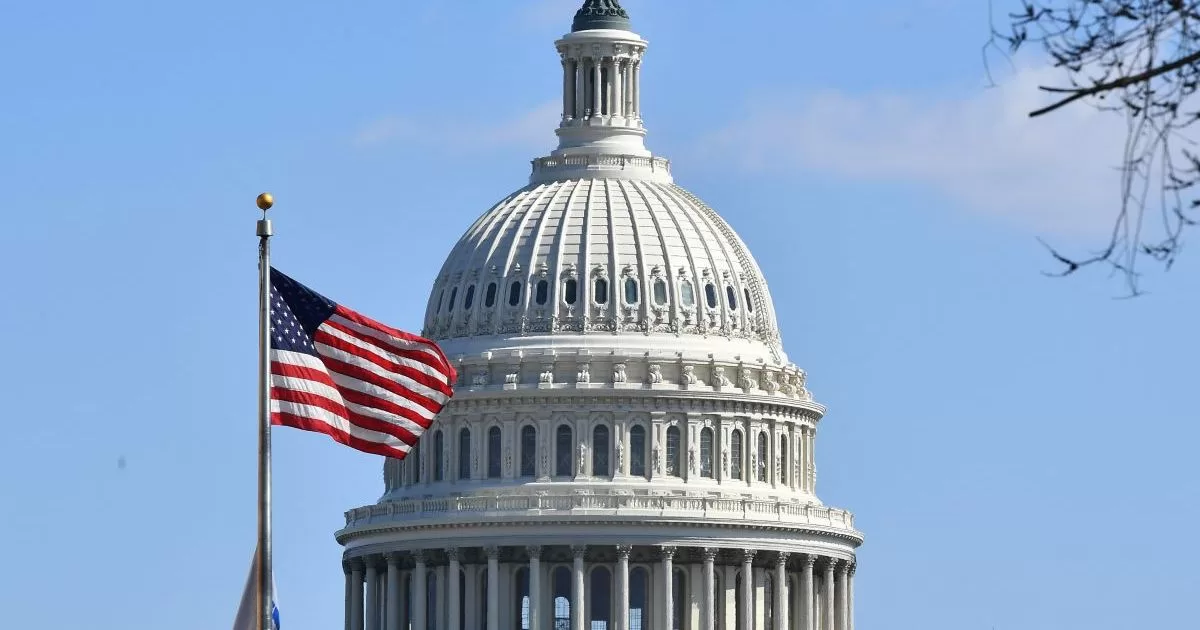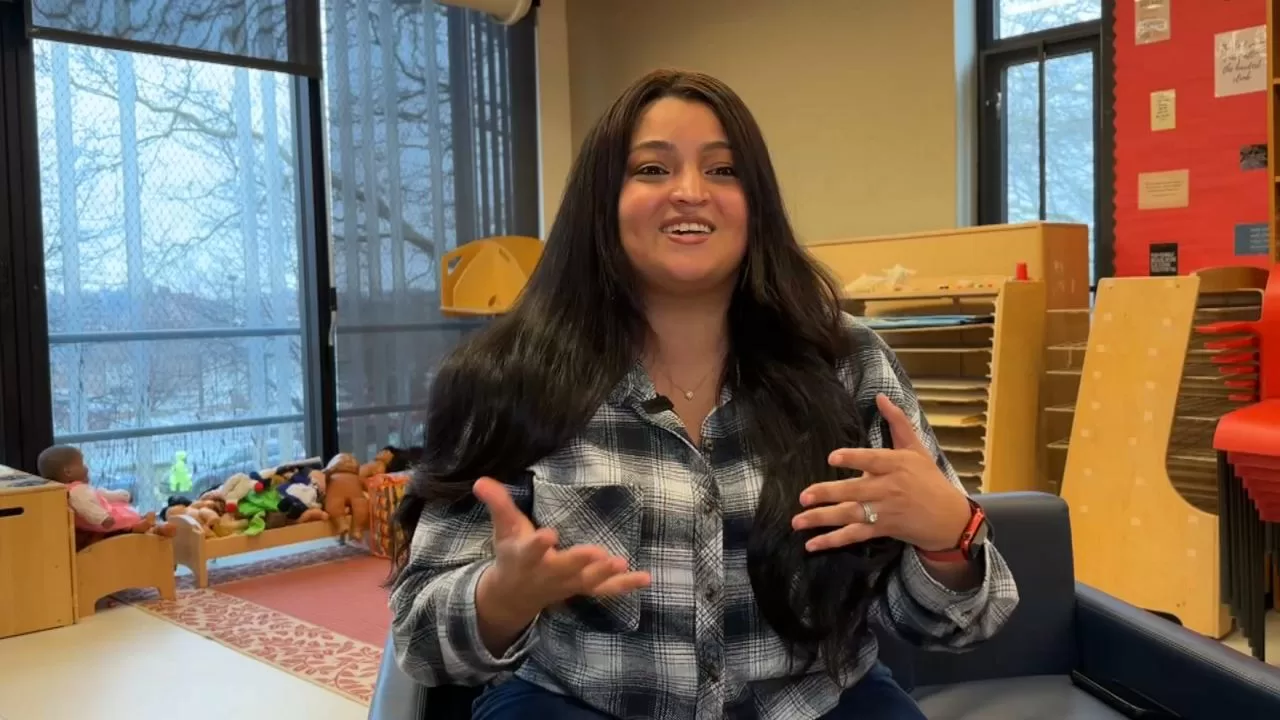Attempts to ban and restrict books in schools and public libraries continue to rise and hit a record in 2022, according to a new report from the American Library Association (ALA) released Thursday.
The association registered more than 1,200 claims in 2022, nearly double the previous record of 2021 and by far the highest number since the ALA began collecting the data 20 years ago.
“I’ve never seen anything like it,” said Deborah Caldwell-Stone, who heads ALA’s Office for Intellectual Freedom. “The last two years have been exhausting, scary, outrageous.”
Thursday’s report not only documents the growing number of claims, but also their changing nature. A few years ago, complaints used to come from parents and other members of the community and were about a particular book.
Now, the petitions often call for the removal of various titles and are organized by national groups such as the conservative Moms for Liberty, which says it has a mission to “unify, educate and empower parents to defend their parental rights in all levels of government.
Objections were filed against more than 2,500 books last year, up from 1,858 in 2021 and just 566 in 2019. In many cases hundreds of books were challenged in a single complaint. The ALA bases its data on media reports and voluntary library notifications, and admits that the actual numbers could be much higher.
Librarians across the country have reported harassment and threats of violence or legal action.
“Every day, professional librarians sit down with parents to carefully determine what reading material is best suited to their children’s needs,” ALA President Lessa Kanani’opua Pelayo-Lozada said in a statement. “Now, many library workers face threats to their employment, personal safety and, in some cases, threats of criminal charges for providing books to young people that they and their parents want to read.”
Some books have been challenged by progressives for racist language – notably Mark Twain’s classic “The Adventures of Huckleberry Finn” – but the vast majority of complaints were from conservatives and targeted works with racial or LGBTIQA+ themes. Caldwell-Stone said. Among them are “Gender Queer”, by Maia Kobabe; “Lawn Boy” by Jonathan Evison; “The Hate U Give,” by Angie Thomas, and a book edition of the “1619 Project,” a Pulitzer Prize-winning report published by The New York Times on the legacy of slavery in America.
Laws easing book restrictions have been proposed or passed in Arizona, Iowa, Texas, Missouri, and Oklahoma, among other states. In Florida, where Gov. Ron DeSantis has passed laws to screen reading materials and limit conversations in schools about gender identity and books about race, titles like “Looking for Alaska” (“Looking for Alaska” (“ Looking for Alaska”), by John Green; Colleen Hoover’s “Hopeless,” Margaret Atwood’s dystopian novel “The Handmaid’s Tale,” and Grace Lin’s picture book “Dim Sum for Everyone!”
Most recently, Florida’s Martin County School District recalled dozens of books from its elementary and middle schools, including numerous works by novelist Jodi Picoult and the Pulitzer Prize-winning thriller Toni Morrison’s “Beloved” and “Maximum Ride.” ”, by James Patterson, a decision that the best-selling author criticized on Twitter as “arbitrary and bordering on the absurd”.
DeSantis has described the reports of mass bans as a “hoax” and in a statement released this month said the allegations reveal that “some are trying to use our schools to indoctrinate.”
Some books make it back. Officials in Florida’s Duval County School District were heavily criticized for pulling “Roberto Clemente: The Pride of the Pittsburgh Pirates,” a children’s biography of the late Puerto Rican baseball star. In February they announced that the book would be back on the shelves and explained that they had to review it and check that it did not violate any state laws.




